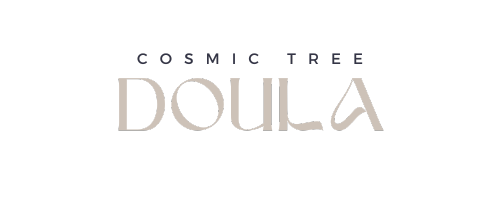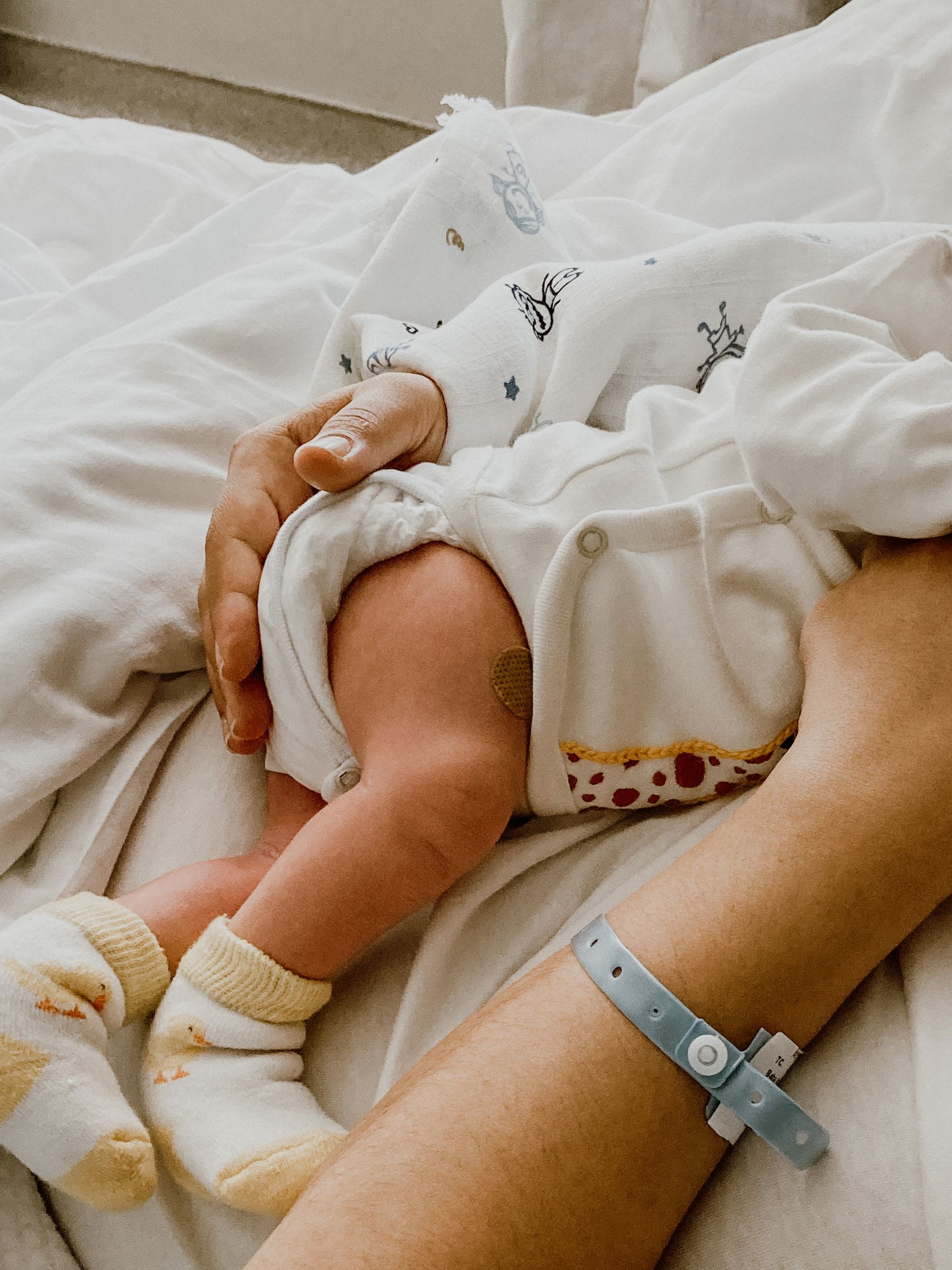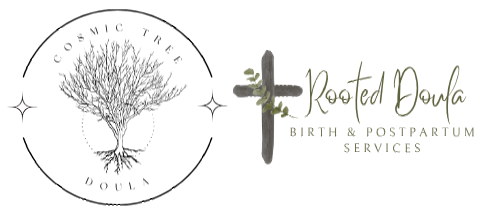Placenta Encapsulation
Placenta Consumption? Tell me more!
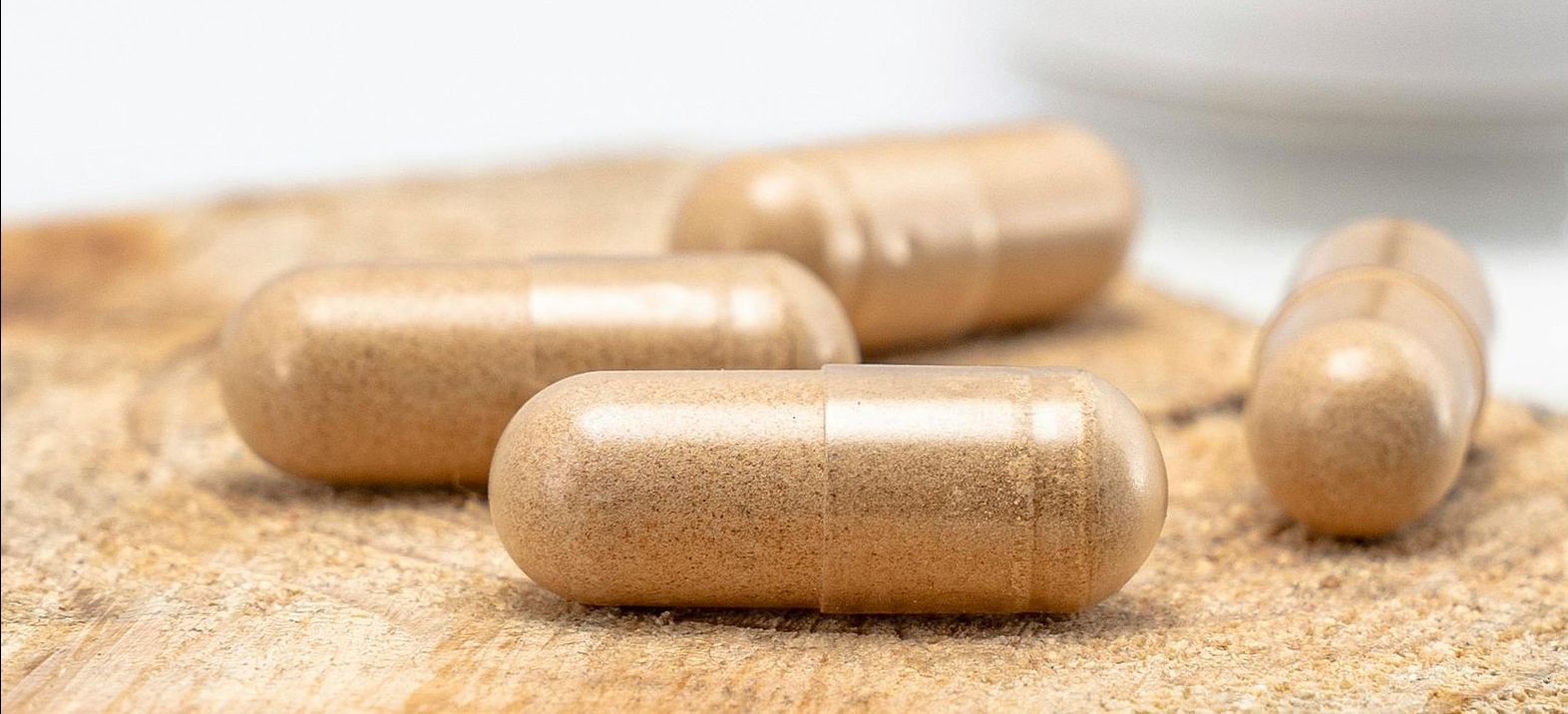
Your body grew the placenta, a temporary endocrine organ, from scratch, This organ worked hard to create and maintain the womb to grow your baby. It provided provided nutrients, removed waste, served as a barrier from disease and chemicals, and produced the necessary hormones.
Do you know about the placenta benefits after birth?
At this time, a good amount of the information is anecdotal, meaning specific experiences of postpartum people after consumption. Also, data from other mammals gives us some insight.
Increased milk production
The journey of feeding your sweet baby can be so rewards, but can also contain challenges. A common question new mamas ask themselves is, "am I making enough milk?" Placenta consumption may help increase lactation volume and allow you to focus on bonding with you sweet babe.
Restore/Balance postpartum hormones and improve postpartum mood
The delivery of your baby sparked a major shift in hormones. Your body has transitioned from its pregnant state and moved in the "fourth" trimester. There are many reports of feeling improved emotions and decrease in depressive symptoms.
Increase energy and improve postpartum recovery
Labor is hard work! After the marathon of bring baby into the work, rest and healing is a must. The placenta is full of nutrients to aide in replenishment of what is lost. The placenta can can contain a good amount of protein and cholesterol as well as carbohydrates, fats, vitamin A, calcium, iron, sodium and selenium. The iron content in the placenta can help after the blood loss associated with birth, which can promote increased energy.
Let me know if you are interested in this service and I can help to connect you with a local, trusted resource!
Sources:
Placentophagy's effects con mood, bonding, and fatigue: A piolet trial, part 2 (2018)
Sharon M. Young, Laura K. Gryder, Chad Cross, David Zava, David W. Kimball, Daniel C. Benyshek
Published in the Journal of Women & Birth, Volume 31, Issue 4, August 2018, Pages e258-e271
Placenta as a Lactagogon (1954)
Human Maternal Placentophagy: A Survey of Self Reported Motivation and Experiences (April 2013)
Jodi Selander 1, Allison Cantor, Sharon M Young, Daniel C Benyshek
PMID: 23445390 DOI: 10.1080/03670244.2012.719356
Nutritional composition and heavy metal content of the human placenta (2017)
Sydney Chang, Laura Lodico, Zev Williams
Published in The Official journal of the International Federation of Placenta Associations, Volume 60, Pages 100-102

